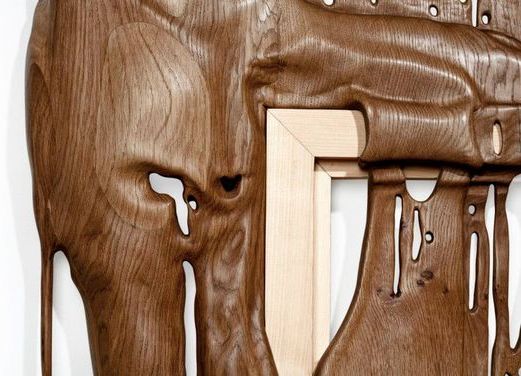Difference between revisions of "Warp Wood (spell)"
Tao alexis (talk | contribs) |
Tao alexis (talk | contribs) |
||
| Line 13: | Line 13: | ||
The caster may choose the manner in which the wood is warped, but may not make a desired shape through the dweomer's use. He or she can warp specific parts of the wood, such as a weapon's handle or the axle of a wagon, thus distorting the practical value of the object. | The caster may choose the manner in which the wood is warped, but may not make a desired shape through the dweomer's use. He or she can warp specific parts of the wood, such as a weapon's handle or the axle of a wagon, thus distorting the practical value of the object. | ||
| + | |||
| + | With much larger wooden constructions, such as ships, towers and buildings, the possibility of sinking or collapse depends on the percentage of the object that's warped. The spell allows a 5 ft. square surface to be warped per level of the caster. The method could, if used upon one corner of a tower's base, cause it to collapse, provided the caster were high enough level. | ||
Revision as of 20:23, 14 January 2022
Warp wood contorts the shape of wood so as to make it permanently mis-shapen, mangled, twisted and even "melted," subverting its form. This destroys a wooden object's value as a tool, part of construction, vehicle, piece of armour or as a weapon.
| Range | 10 ft. per level |
| Duration | permanent |
| Area of Effect | 1 hex, +1 per level above 4th |
| Casting Time | 1 round |
| Saving Throw | none |
| Level | druid (2nd) |
The caster may choose the manner in which the wood is warped, but may not make a desired shape through the dweomer's use. He or she can warp specific parts of the wood, such as a weapon's handle or the axle of a wagon, thus distorting the practical value of the object.
With much larger wooden constructions, such as ships, towers and buildings, the possibility of sinking or collapse depends on the percentage of the object that's warped. The spell allows a 5 ft. square surface to be warped per level of the caster. The method could, if used upon one corner of a tower's base, cause it to collapse, provided the caster were high enough level.
